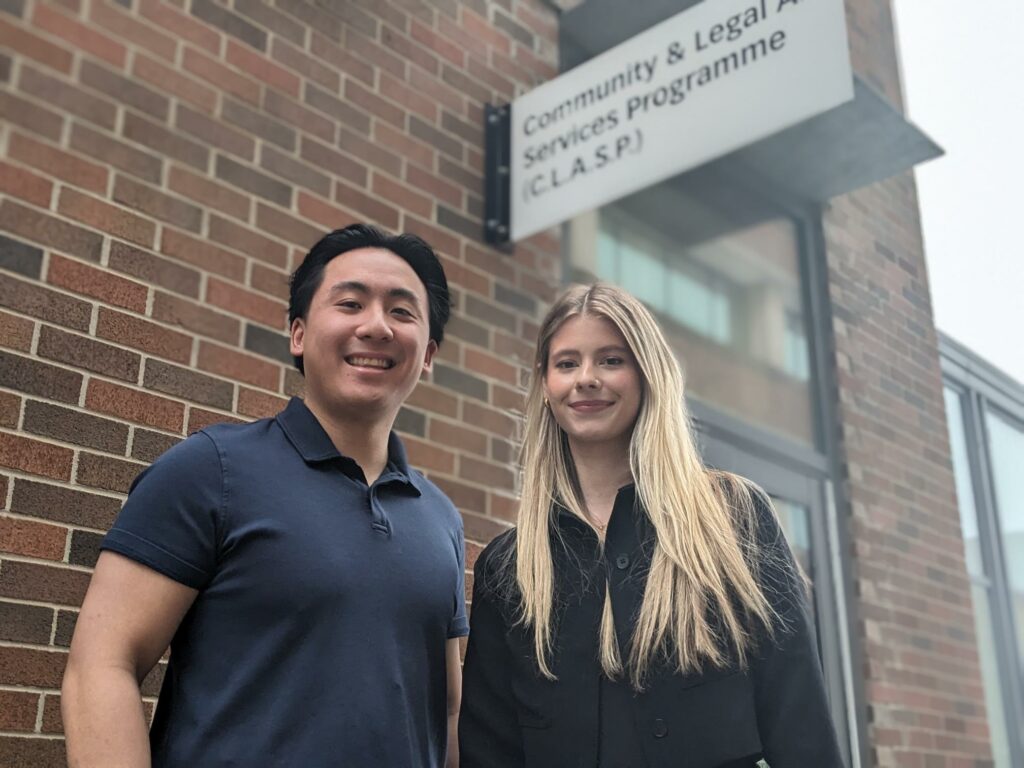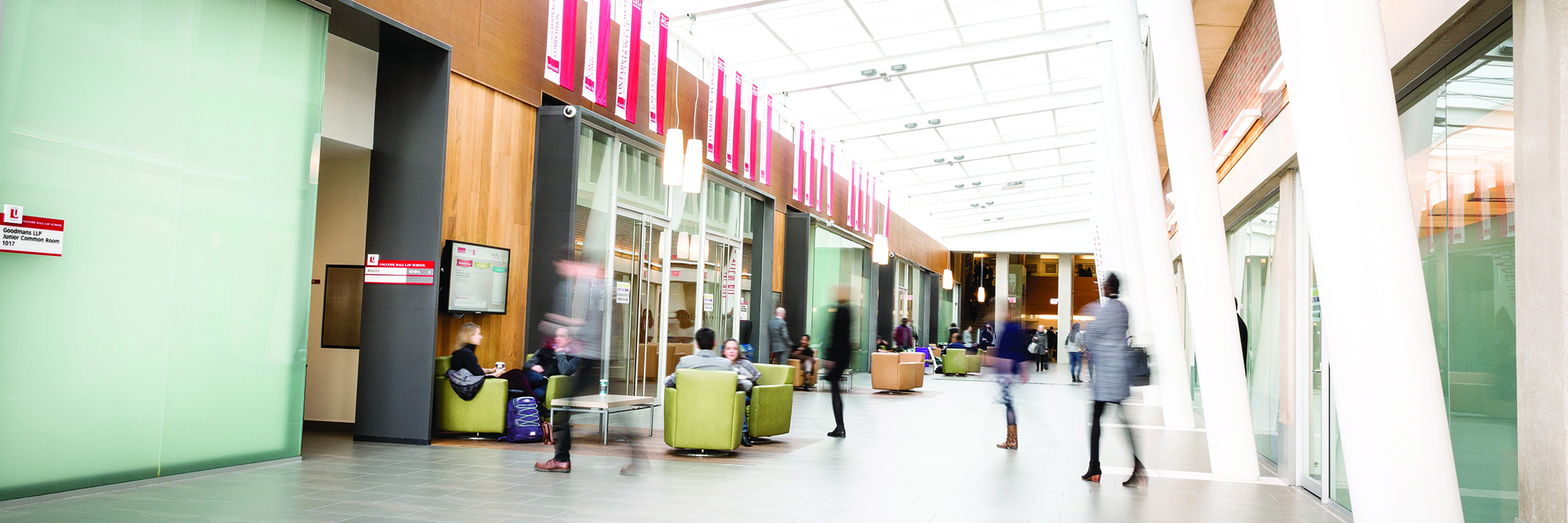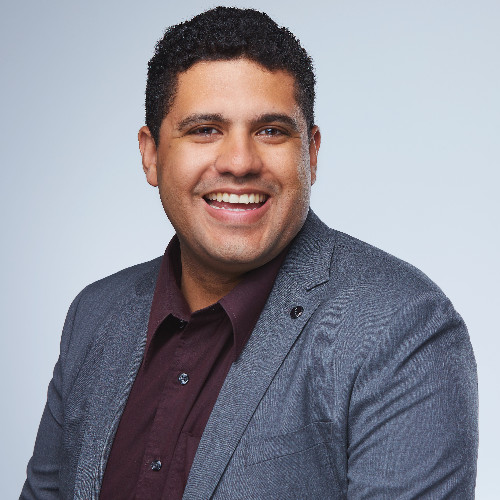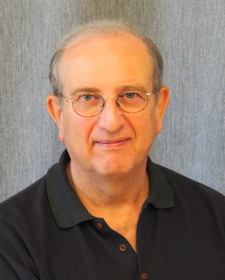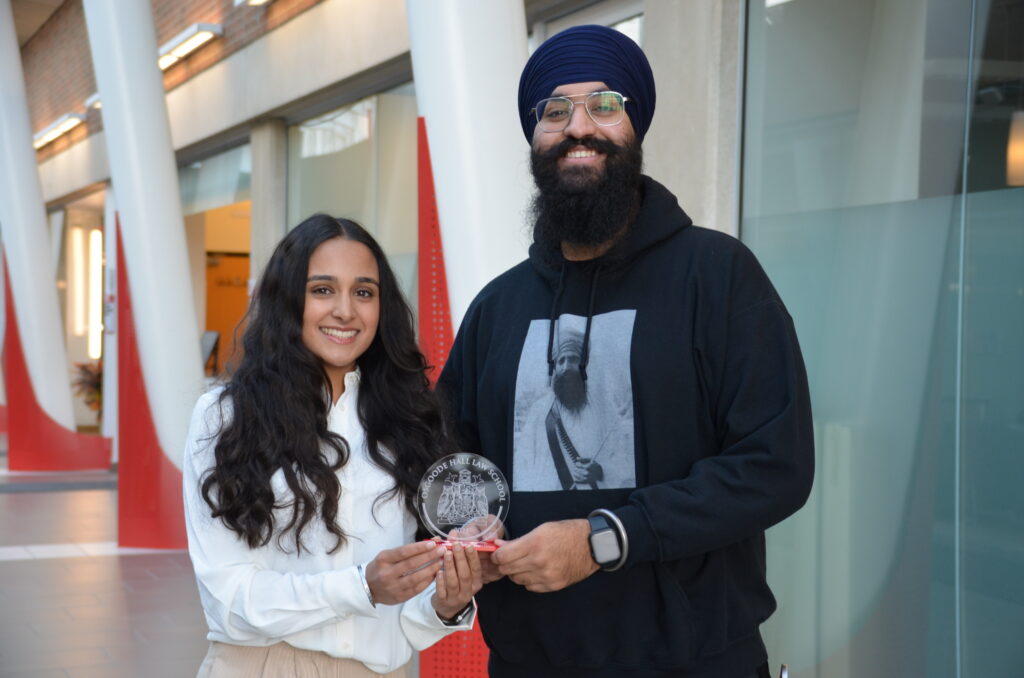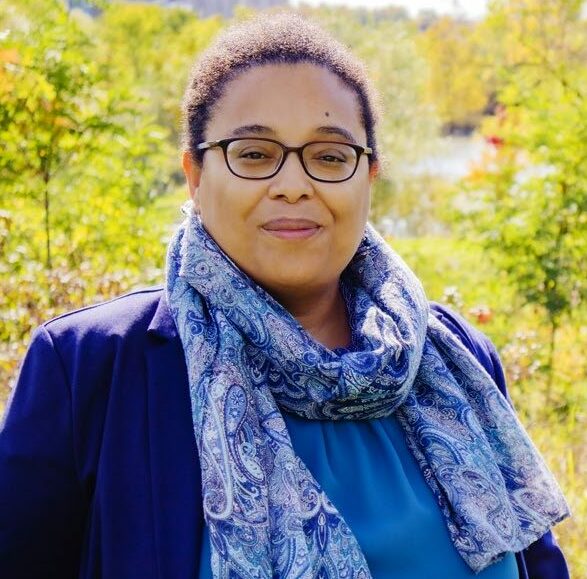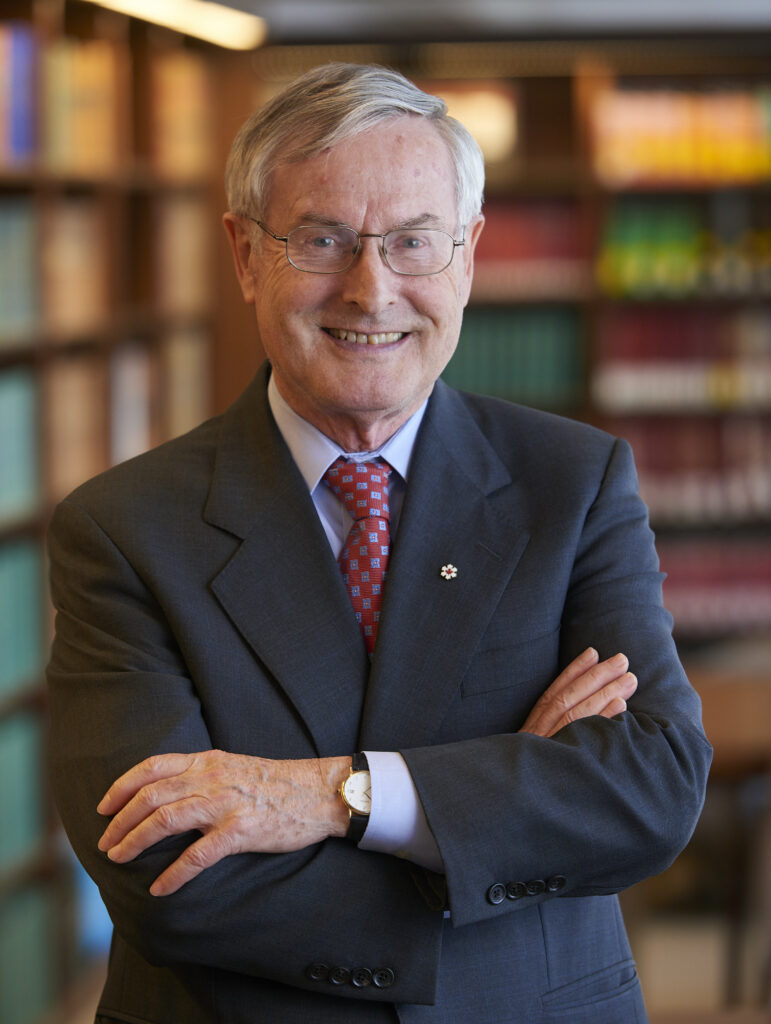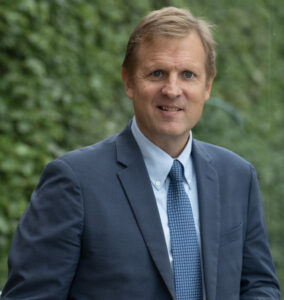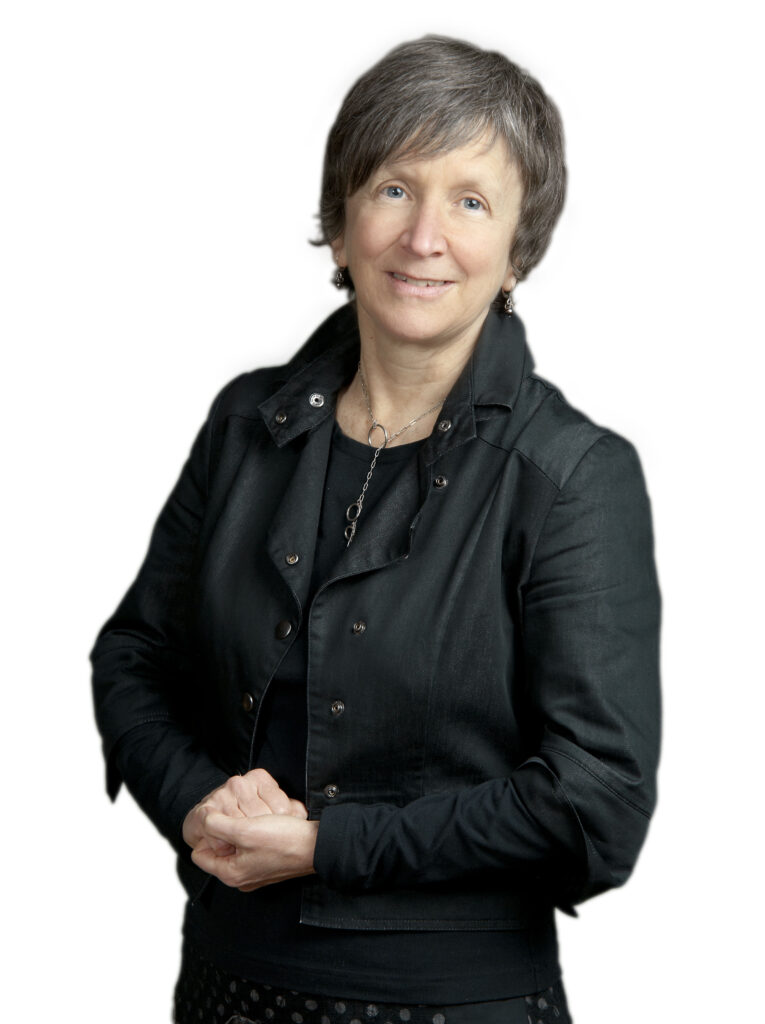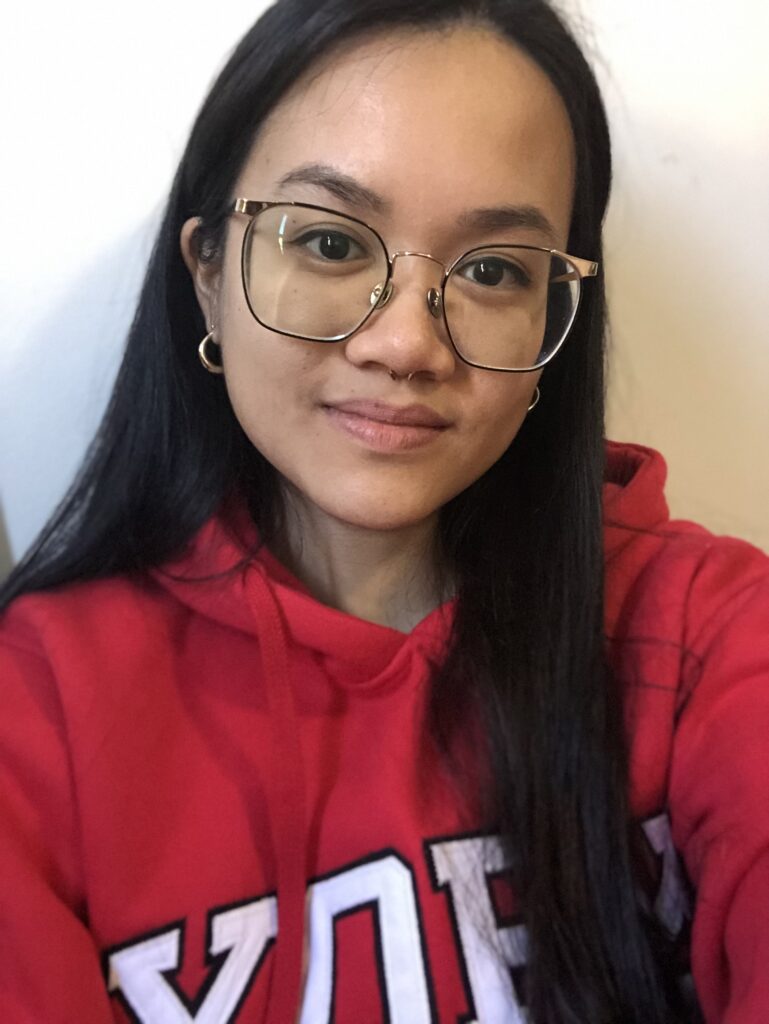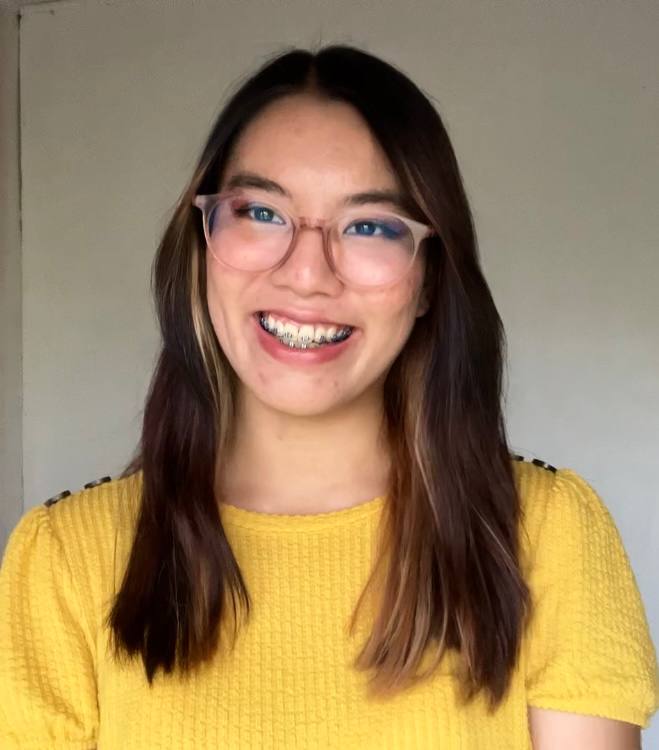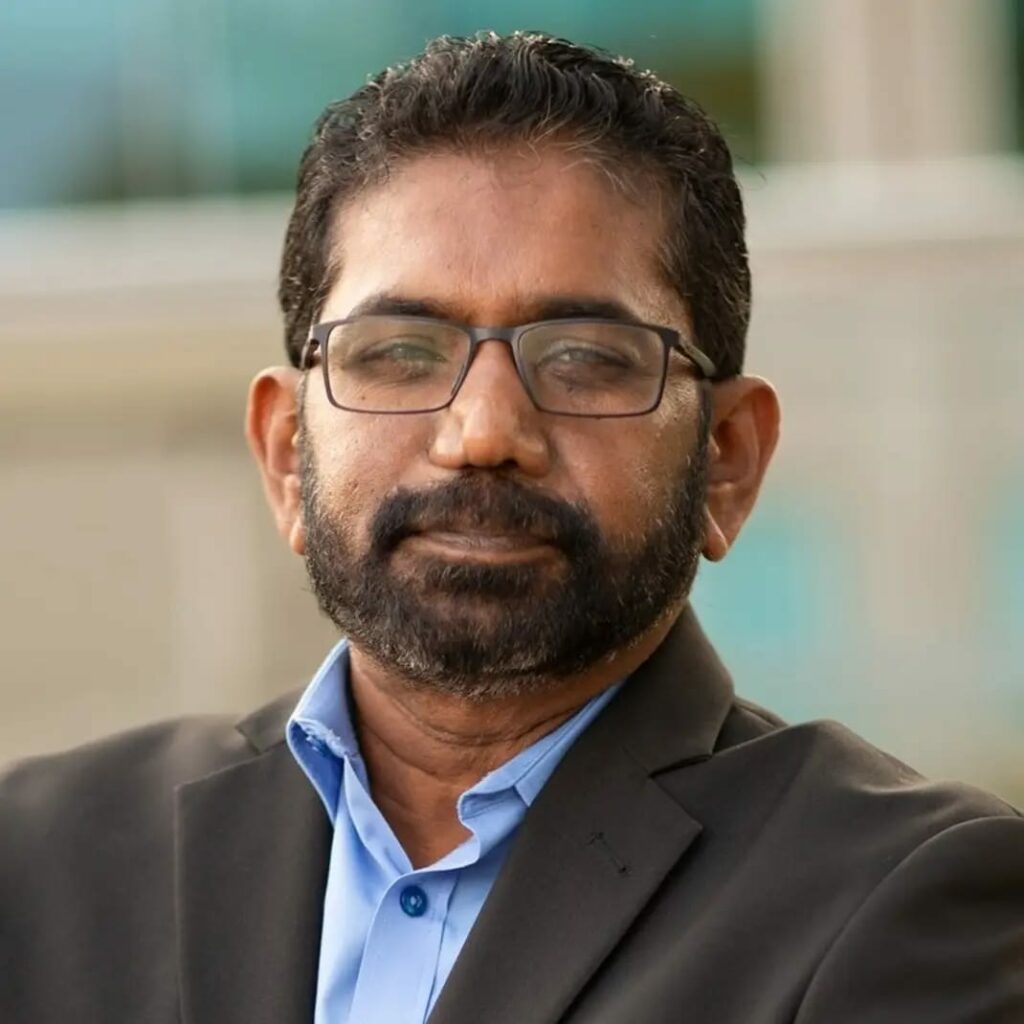By Elaine Smith
With a new vice-provost teaching and learning and an interim director of the Teaching Commons in place, York University’s annual Teaching in Focus (TiF) conference this May will have a slightly different look and feel, and a theme reflective of the times.
Mandy Frake-Mistak, the Teaching Commons’ interim director, and her team are seeking presenters for the two-day conference, which will be held in person this year on May 8 and 9. The theme for this year’s conference is Engaged Teaching in Times of Crisis and proposals are due on Feb. 29.
In addition to crisis-related presentations, there are opportunities for presentations about Academic Innovation Fund projects and experiential education/work-integrated learning. Presenters may speak individually, in teams or as panel members, and all faculty and graduate students are encouraged to consider taking part.
“Based on feedback from the Task Force on the Future of Pedagogy, we know that faculty members want more opportunities to communicate about what they’re doing in the classroom, and TiF will continue to be a great place for that to happen,” says Chloë Brushwood Rose, vice-provost teaching learning. “However, we also want to offer opportunities for conversations around philosophical and critical issues in teaching and learning, not only about practices. We want to highlight people who are thinking in interesting ways and from a range of perspectives about teaching and learning, especially in complex times.”
People are grappling with conflicts in the classroom and conflicts in the world simultaneously, explains Brushwood Rose. The role of the University, she believes, should be to provide a space to talk about pedagogy more broadly.
Frake-Mistak shares that view.
“When we see crisis on a global scale, we can’t help but bring it home, and it shapes how we process information and our dealings with our peers,” she says. “We are trying to support people through this. It’s one thing to share resources, but what about what happens in the classroom?”
And that is where TiF comes in.
The conference will also feature TiF Reads, a panel reminiscent of the popular Canada Reads competition on CBC Radio. Presenters can champion a teaching- or learning-related book, journal article or other resource that inspired them during the past year and attendees will vote for a winner.
“TiF has been a mainstay on our calendar since 2013 and we want to champion it so it is continually growing and getting better,” says Frake-Mistak. “We want to recognize the community who have dedicated their livelihoods to teaching and learning; there are so many unsung heroes. It’s an opportunity to bring people together to champion teaching and learning and propel it forward.”
Brushwood Rose agrees.
“We look forward to TiF being as well attended and energizing as ever.”
Take this opportunity to fill out a presenter’s application form.




